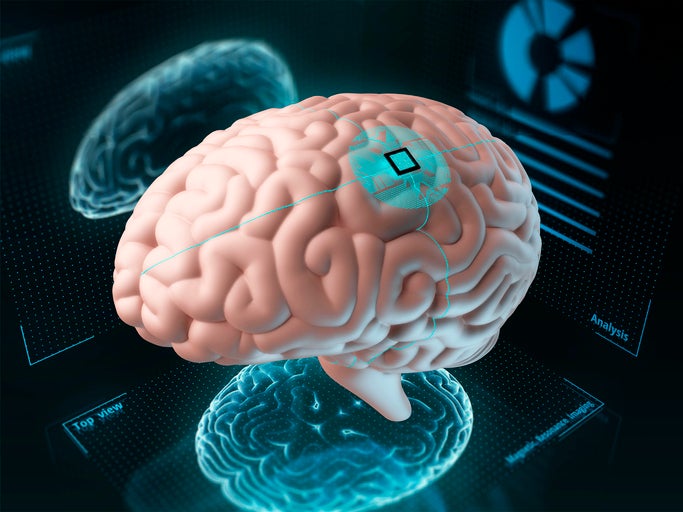
The rise of neurotech and artificial intelligence (AI) could mean brain surveillance in the workplace is more imminent than previously thought – and the UK’s data protection regulator has warned there could be a myriad of risks, including discrimination.
The Information Commissioner’s Office (ICO) has released its first report on “neurodata” – data that is collected from both the brain and nervous system.

Access deeper industry intelligence
Experience unmatched clarity with a single platform that combines unique data, AI, and human expertise.
The report comes after Neuralink, the neurotech start-up co-founded by billionaire Elon Musk, announced it had been approved to conduct its first human clinical studies.
Neuralink is developing a brain implant called Link, which aims to give patients with paralysis the ability to control things with just their neural signals.
Neurotech is already being used fairly regularly in the medical sector – mainly to influence the brain or nervous system for rehabilitative and therapeutic uses.
The ICO’s new report, Tech Futures: Neurotechnology, covers a wide range of hypothetical risks that could come from neurotech being used in everyday life.

US Tariffs are shifting - will you react or anticipate?
Don’t let policy changes catch you off guard. Stay proactive with real-time data and expert analysis.
By GlobalDataIn the workplace, for example, the report covers how employers could use it for employee monitoring.
The ICO claims that within five years and “as employee tracking expands, the workplace may routinely deploy neurotechnology for safety, productivity and recruitment”.
The ICO explored how there is a potential for the technology to discriminate against certain employees due to “complex systems and potentially inaccurate information” becoming embedded in neurotech products.
Neurotechnology could also reveal conditions that the employee was unaware of, as neurodata is collected completely subconsciously.
In an interview with BBC News, the ICO’s director of technology and innovation, Stephen Almond, explained how this could cause problems with consent.
Almond told the publication: “If you don’t know what the technology is going to reveal about you, can you really consent in advance to the processing of that personal data about you?
“Because once it’s released into the open, you then have relatively lower control over it.”
GlobalData is the parent company of Verdict and its sister publications.







